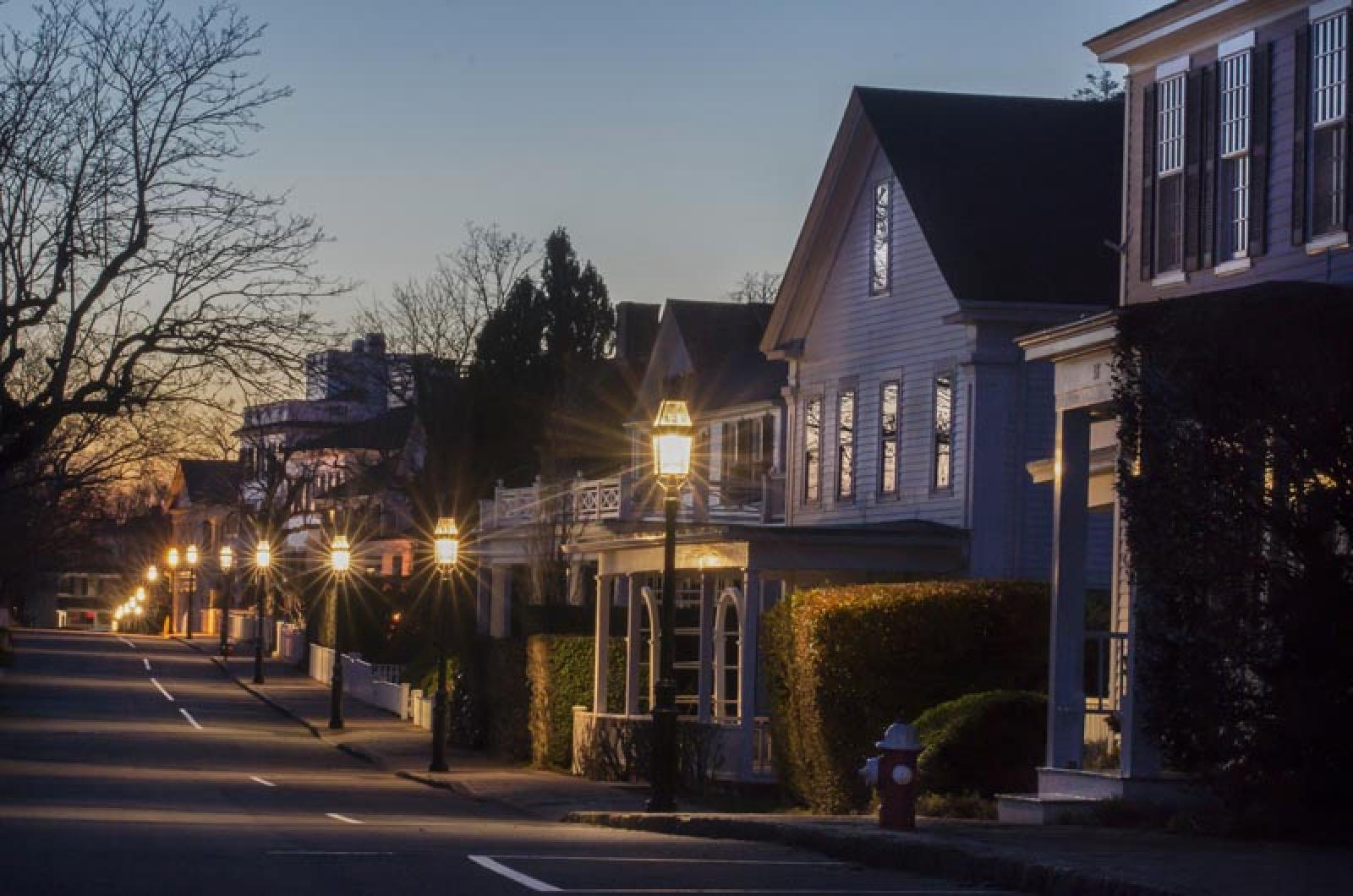From the March 12, 1926 edition of the Gazette:
It is probably no exaggeration to say that three-quarters of the inhabitants of this country have a close acquaintance with some druggist. City and small town dwellers speak familiarly of Tom, Dick or Bill from whom they are in the habit of purchasing almost anything from sick room supplies to cigarettes. In fact, the corner drug store has become a permanent institution, and is such an important feature in everyday American life that the average magazine story or modern novel usually makes some mention of it, and the daily news sheets often refer to this or that drug store as a means of locating the scene of some particular incident.
In noting the numerous references to drug stores and druggists, not only in print, but in daily conversation one can not help being impressed by the significant fact that the druggist is always referred to as a man. It would seem from this that the general public is not aware that ladies may become pharmacists, have done and are still doing so.
As a result, the town of Edgartown points with pride to the largest drug store in Dukes County, which is managed by a lady, Miss Susan R. Beetle, a registered pharmacist and a thoroughly competent manager.
Miss Beetle is a member of one of the Vineyard’s oldest families and was born in Edgartown, where she received her early education. Graduating from the Framingham Normal School, she taught school for a short time, but gave up teaching to enter the employ of the late Dr. Thomas J. Walker, who conducted the only drug store in Edgartown.
From the first Miss Beetle enjoyed the work and showed such aptitude that the doctor urged her to attend the college of pharmacy, which she finally did. Since the spring of 1921 Miss Beetle has been a full-fledged and duly registered druggist, and has been stalled as manager of the same business she started in. Dr. Walker passed away some years ago, but the business is still owned by a physician, Dr. Edward P. Worth.
To her is entrusted the compounding of all prescriptions and the ordering of all supplies for the different departments. This last might not seem like much of a task until one takes a comprehensive glance at the shelves of the ordinary drug store — the drugs, proprietary remedies, bandages and toilet articles; sick room, photographers’ and soda fountain supplies, to say nothing of candy, postcards, magazines, tobacco and many other things.
Many of Edgartown’s summer visitors return from year to year, and these of course are well acquainted with Miss Beetle. But there are many strangers and new salesmen who appear to be more or less startled when the pleasant-faced lady assures them that she is the druggist.
“Of course,” says Miss Beetle, “I know that there are not a great many woman druggists. They began to take up this work in earnest during the war, and the number of students at the Massachusetts College of Pharmacy has been increasing ever since.
“There is really nothing to prevent a woman doing this work quite as well as a man, however, that is, at the present time. It was vastly different in years gone by when the druggist had to grind all of his own drugs.”
Miss Beetle is very fond of her work, although she declares that such an existence is commonplace and uneventful, making light of the fact that she is dealing daily with the powers of life and death. “Of course,” she agrees, “the utmost care is necessary in handling medicine, and it requires a sixth sense to be a druggist, especially in deciphering some of the prescriptions we receive. But we never have had any first aid cases, such as they often do in cities, because in the summer when such happenings are most common, it is always easy to locate a doctor.”
Such is Miss Beetle, the Vineyard’s only lady pharmacist, cheerful, self-reliant and efficient. Proud of the store she manages and the work she performs, she ably fills her position in that great army of the common friends of humanity, the American druggist.
Confirmation of the report that the Martha’s Vineyard Telegraph Company’s lines were to be taken over by the Western Union Telegraph Co. was made at the office of A. S. Burleigh, secretary of the Western Union Co. this week.
By the purchasing of the outstanding stock held by the Postal Telegraph Co., the Western Union has assumed control of the lines.
Cables from Woods Hole to Nantucket were laid by the government in 1885 to be used by the government signal service for a year, when they were taken over by the government weather bureau and a station was established at Woods Hole. The government maintained the use of the cables between Woods Hole and Martha’s Vineyard when the Western Union and Postal Telegraph Companies united to take over the joint ownership of the cable. In 1908 the line between Martha’s Vineyard and Nantucket was also acquired by the same ownership under the name of the Martha’s Vineyard Telegraph Company.
Compiled by Hilary Wall
library@mvgazette.com




Comments
Comment policy »